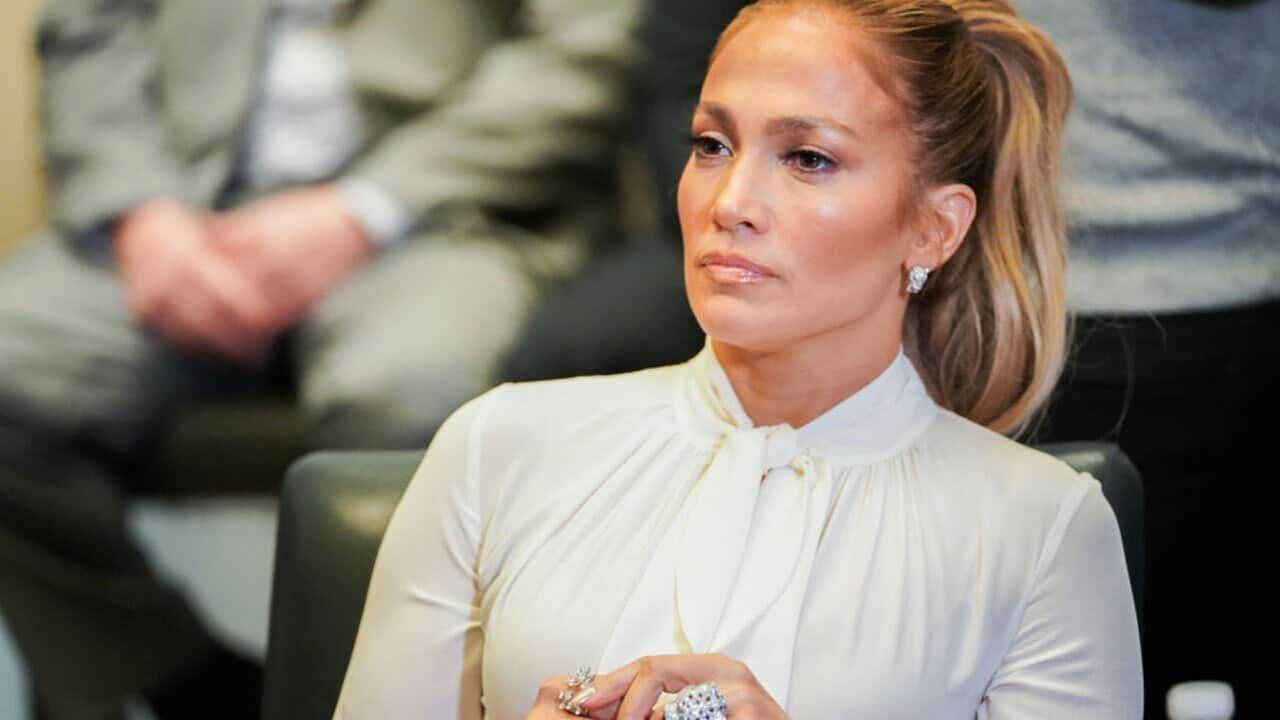The in Humpolec, about an hour from Prague, features the likeness of a nearly toothless old woman with the hashtag #MeToo superimposed in white. “The world’s gone crazy,” reads the Czech-language text on the post, which is also emblazoned with the brewery’s logo. “Brace yourselves.”
Since it appeared on Dec. 11, the posting has garnered nearly 10,000 reactions. Critics denounced the use of the image, taken from a 1964 Soviet film, as sexist, and dismissive of a growing global movement that has galvanized victims of sexual misconduct. However, they said, it was not entirely out of step with the brewery’s past advertising decisions, or with attitudes in Czech society at large.
A Czech nongovernmental group, Nesehnuti, holds an annual vote called “Sexist Piggy” to choose the most sexist advertisement of the year. Petra Havlikova, who coordinates the vote, said Bernard was a regular nominee.
The brewery’s owner, Stanislav Bernard, defended the Facebook post, calling #MeToo a “pathological campaign” that bordered on hysteria. “The whole campaign has one major problem,” he said in an interview. “'Innocent until proven guilty’ is ignored.” That reminded him of the communist era, he said.
“If we continue like this,” he added, “we may find ourselves in a situation where a guy will be scared to ask a girl out for a coffee and tell her that she looks beautiful.”
So far, the Czech public reaction on Facebook has been overwhelmingly supportive of Bernard’s posting. The top-rated comment was by a woman who wrote that she appreciated what she called Bernard’s sense of humor.
“Sexual harassment is something I, too, have of course experienced,” she wrote, “but I took care of it with the party in question right away.”
Through its Facebook page, the brewery responded to several users’ reactions, saying its stance was to sympathise with the “real” victims, while also suggesting that there may be “various reasons” a woman would participate in the #MeToo campaign.
“Even if the accusation isn’t necessarily well-founded, it can ruin a person’s life. That’s why we don’t like the campaign and decided to be against it,” one response from the Bernard account reads.
Bernard has routinely reacted to criticism by publishing ads that are even more provocative, Havlikova said. After objections last spring to an advertising campaign that used scantily clad women to portray different styles of beer, the company produced a “feminist edition” in which the women’s faces were replaced with Bernard’s own.
That campaign was a runner-up in the 2017 Sexist Piggy awards, announced in November. The winner was an advertisement for a radio station that depicted a woman bent over an office desk, her breasts partially exposed, with a man standing suggestively behind her and the slogan: “The path to success may not be complicated if you understand it.” A representative from the radio station could not be reached for comment.
Such advertising may remind many Czechs of the 1990s, when highly sexualised imagery proliferated after the fall of communism. Helena Skalova, the director of the Prague-based nonprofit organisation Gender Studies, remembers visiting her mother at work as a young girl in the early ‘90s and seeing pictures of naked women on the walls.
“After the fall of the previous regime, naked images were among things we swiftly imported from the West,” Skalova said. “It was very much in vogue and seen as progress.”
The communist system left Czechs with “a very specific situation” on women’s rights, Skalova said. “Women here are quite emancipated, meaning in terms of economic activity: It’s normal for a Czech woman to work.” However, she said, it’s also normal for child care and household matters to be a woman’s responsibility on top of those she may already have at work.
Such attitudes seem to be reflected in recent polling data. The Eurobarometer survey, which assesses social attitudes across the European Union, found in 2017 that more than three-quarters of Czechs believe the most important role of a woman is to take are of her home and family. In the same survey, the Czech Republic was found to have Europe’s second-widest gender pay gap.
“The average Czech woman knows nothing of feminism,” said Skalova. “She lacks the sensitivity to see what consequence tolerating such advertising might have. She does not admit to or see the limits it poses in other areas of life, such as equal conditions in the workplace.”
Skalova said that, in general, Czechs were willing to support economic equality between men and women. When it came to feminism and movements like #MeToo, however, most found the topics disagreeable.
Bernard is one of those people. “With the way this campaign is being led we are on our way to destroying any grain of spontaneity between men and women,” he said. “It is a symptom of a sick society.”


